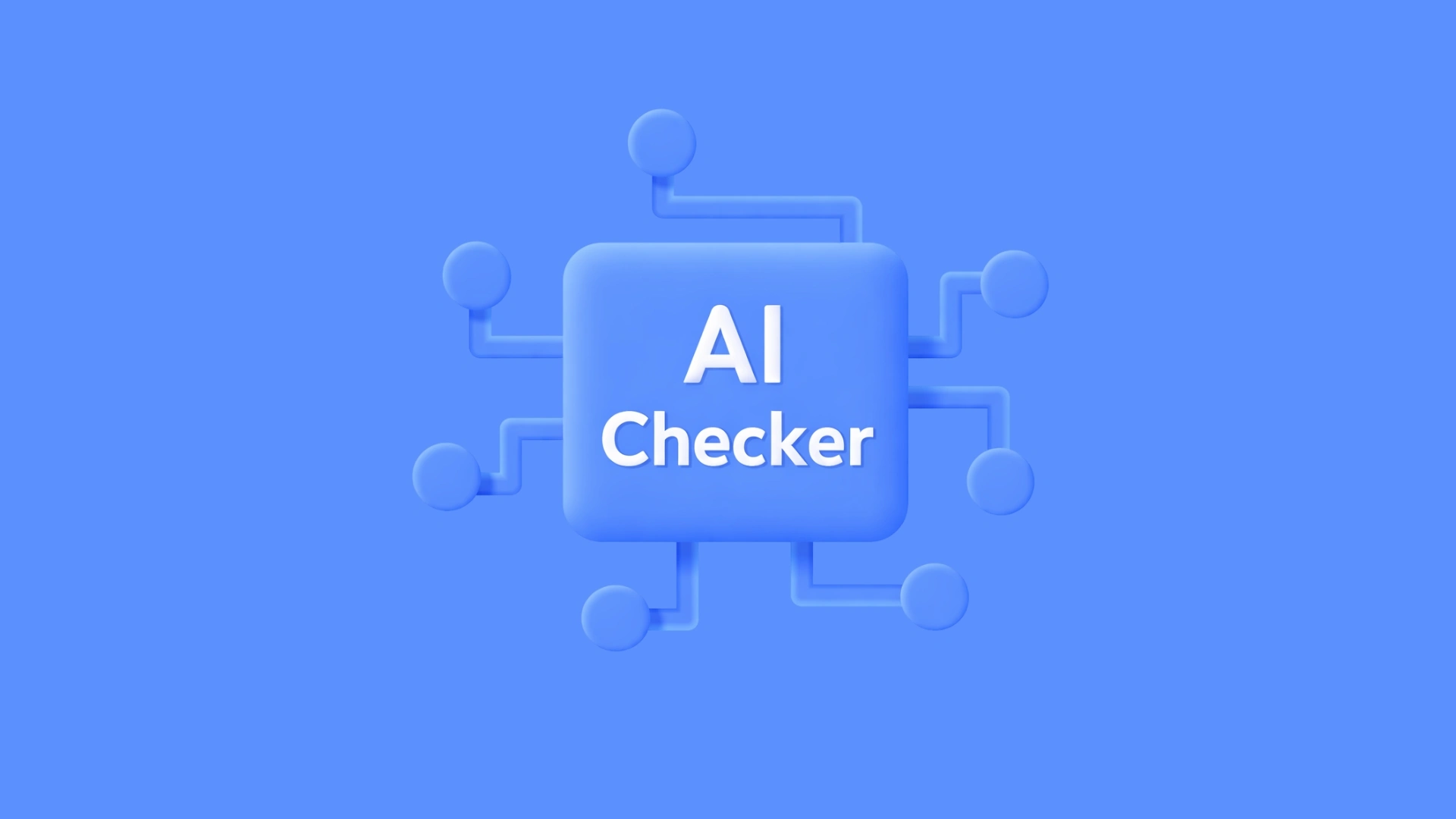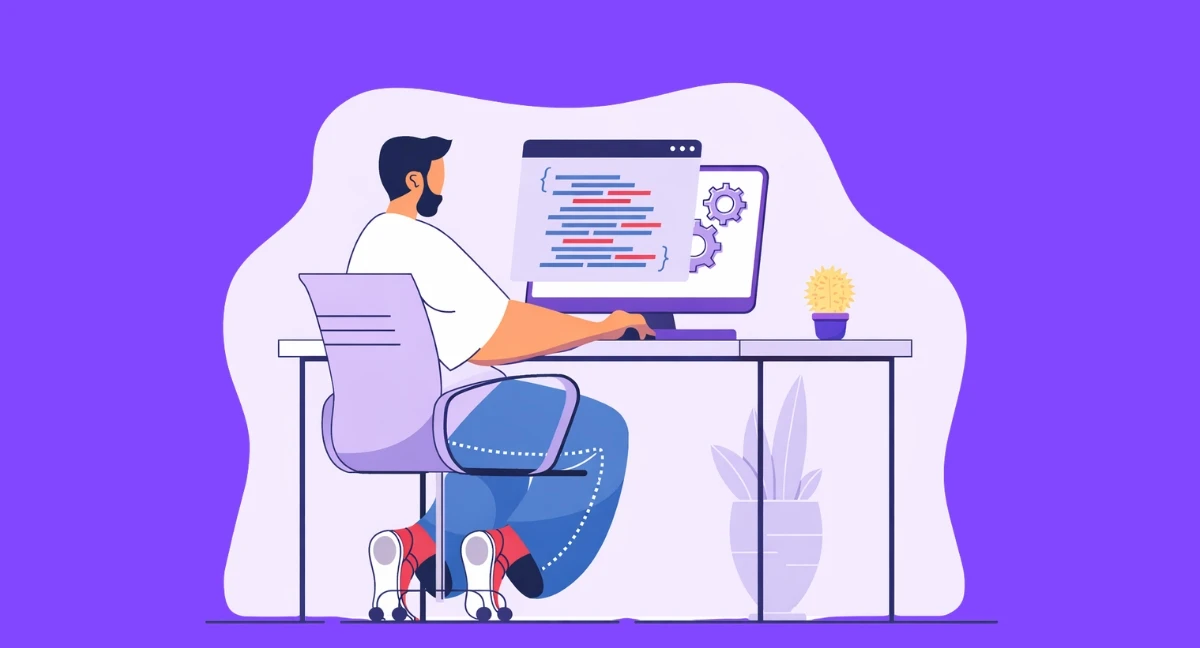Key Takeaways
- Bitcoin transactions are digital transfers of cryptocurrency verified by miners through cryptographic validation and complex mathematical proof of work.
- Every transaction begins when a user creates a transaction and broadcasts it across the blockchain network, where miners verify its legitimacy against the entire transaction history.
- Public keys function as shareable wallet addresses for receiving bitcoins, while private keys are secret passwords that authorise spending and must never be disclosed.
- Transaction confirmation requires miners to solve complex mathematical puzzles through a process called proof of work, taking approximately 10 to 30 minutes depending on network congestion.
- Bitcoin transaction fees incentivize miners to prioritize transactions, with users paying higher fees for faster confirmation during periods of high network demand.
- The immutable blockchain ledger creates a transparent, permanent record of all transactions that prevents double-spending and ensures the integrity of the entire Bitcoin network.
- Transaction throughput reaches approximately 7 transactions per second on the Bitcoin network, with layer 2 solutions like the Lightning Network enabling significantly faster payment processing.
Bitcoin represents a revolutionary financial innovation that eliminated the requirement for centralized intermediaries like banks to validate and process monetary transactions. Since its introduction in 2009, Bitcoin has processed over 100 million transactions worth trillions of dollars through a decentralised network of computers. Understanding how Bitcoin transactions function provides insight into the broader blockchain technology that powers not only cryptocurrency but also supply chain management, digital contracts, and enterprise data systems. For anyone participating in the Bitcoin economy or evaluating blockchain technology for organisational use, comprehending transaction mechanics is essential.
Bitcoin transactions differ fundamentally from traditional banking operations. Rather than a single authority validating transfers, Bitcoin employs a distributed consensus mechanism where thousands of independent nodes validate every transaction. This decentralized validation eliminates single points of failure while removing the need for trusted intermediaries. The elegance of Bitcoin’s design lies in how it solves the double-spending problem through cryptographic proof and mathematical validation without requiring a central authority.
Understanding Bitcoin Transactions: Core Concepts
Definition
A Bitcoin transaction is a digital transfer of cryptocurrency from one wallet to another, recorded permanently on the blockchain, verified by miners through cryptographic validation and mathematical proof of work. Each transaction creates an immutable record that cannot be altered without invalidating all subsequent transactions, ensuring absolute integrity of the entire transaction history.
Bitcoin transactions are fundamentally different from traditional electronic fund transfers. When you send bitcoins, you are not transferring physical assets but rather executing a cryptographically signed instruction that updates the distributed ledger maintained across thousands of computers worldwide. This instruction proves you authorized the transfer while preventing anyone from forging transactions on your behalf.
To understand Bitcoin transactions, you must grasp several foundational concepts. A public key functions as your Bitcoin wallet address – a unique identifier that anyone can use to send you bitcoins. It is essentially your “username” in the Bitcoin network. In contrast, your private key is an extremely long secret number that only you should possess. This private key authorizes transactions and proves ownership without exposing the key itself through advanced cryptography.
The blockchain is a distributed ledger that records all transactions in linked blocks, with each block cryptographically connected to the previous one. This structure ensures that altering any historical transaction would require recalculating all subsequent blocks, requiring computational power exceeding what any attacker could obtain. This blockchain immutability makes Bitcoin transactions permanent and irreversible.
The Bitcoin Transaction Process: Step-by-Step Explanation
Bitcoin transactions progress through several stages before achieving final confirmation. Understanding each stage reveals how the network achieves consensus without centralized authority.
Stage 1: Transaction Creation and Broadcasting
When you decide to send bitcoins, you use a Bitcoin wallet application to initiate the transaction. You specify three essential components: the recipient’s public key (their wallet address), the amount of bitcoins to transfer, and the transaction fee you are willing to pay. The wallet software then creates a transaction message containing your digital signature, proving you authorized the transfer while keeping your private key secret through advanced cryptographic mathematics.
Once constructed, your wallet broadcasts this transaction message to the Bitcoin network. This message immediately propagates across thousands of nodes, reaching miners and full nodes within seconds. At this point, your transaction enters the network’s mempool – a temporary holding area containing unconfirmed transactions awaiting miner validation.
Stage 2: Transaction Validation by Nodes
When your transaction reaches network nodes, they perform several validation checks before accepting it:
- ● Verify that the transaction is properly formatted and contains all required fields
- ● Check that your wallet address actually possesses the bitcoins you claim to be sending
- ● Confirm that you have not previously spent the same bitcoins elsewhere – preventing the double-spending problem
- ● Validate your digital signature using your public key, confirming you authorized the transaction
- ● Ensure transaction fees meet minimum thresholds and comply with network consensus rules
If your transaction passes all validation checks, nodes accept it as valid and relay it to other nodes. If any check fails, nodes reject the transaction, and it never enters the blockchain.
Stage 3: Mining and Proof of Work
Miners select valid, unconfirmed transactions from the mempool and bundle them into a block. Before adding this block to the blockchain, miners must solve an extremely complex mathematical puzzle, a process called proof of work. This puzzle requires finding a specific number (called a nonce) that, when combined with the block’s data and processed through the SHA-256 cryptographic hash function, produces a result matching strict criteria.
The difficulty of this puzzle adjusts automatically to maintain a consistent block creation rate of approximately one block every 10 minutes. Thousands of miners worldwide simultaneously attempt to solve the same puzzle, with only one succeeding. The first miner to solve it broadcasts their solution to the network.
Stage 4: Block Addition and Network Consensus
Once a miner successfully solves the puzzle, they broadcast the new block to the network. Other nodes immediately verify that the solution is correct. Upon Simplified Payment Verification, every node adds the block to its copy of the blockchain, updating its ledger simultaneously. Your transaction, now included in this block, receives its first confirmation.
The miner receives a block reward (currently 6.25 newly created bitcoins) plus all transaction fees contained within the block. This incentive ensures miners are motivated to secure the network and validate transactions honestly.
Stage 5: Additional Confirmations and Finality
After your transaction receives one confirmation, additional blocks are mined on top of it. Each subsequent block adds another confirmation to your transaction. The Bitcoin network follows a convention that transactions are considered safe and effectively irreversible after six confirmations, requiring an attacker to control more computing power than all honest miners combined – computationally and economically infeasible.
Typically, achieving six confirmations requires approximately 60 minutes under normal network conditions, though this timeframe varies based on network congestion and transaction fees paid.
Bitcoin Keys: The Foundation of Transaction Security
Understanding Public and Private Keys
Bitcoin’s security depends entirely on a cryptographic key pair consisting of a public key and a private key. These keys work together through mathematics that is computationally simple in one direction but practically impossible in reverse.
Public Keys: Your public key is a long string of characters derived from your private key through mathematical transformation. You can freely share this public key with anyone because it serves only as an address where others can send bitcoins. Anyone who has your public key can verify that transactions claiming to be from you were actually authorized by you, but they cannot spend your bitcoins.
Private Keys: Your private key is a 256-bit random number – a 78-digit number selected from an astronomical range of possibilities. This key is absolutely secret and must never be shared. Your private key authorizes all spending from your crypto wallet and proves ownership of the bitcoins associated with it. If someone obtains your private key, they can spend all bitcoins in your wallet without your consent and without any recovery mechanism.
The relationship between keys is one-directional through cryptographic mathematics. While anyone can derive your public key from your private key, deriving your private key from your public key is computationally impossible – even with all the computing power on Earth, it would require billions of years.
Digital Signatures: Proving Authorization Without Revealing Secrets
When you send bitcoins, you create a digital signature using your private key and the transaction data. This signature is proof that you authorized the transaction without requiring you to expose your private key. Anyone with your public key can mathematically verify that you created the signature, but they cannot use the signature to forge additional transactions or determine your private key.
This elegant cryptographic solution is central to Bitcoin’s security model. You can transact with complete strangers over completely insecure networks without any risk that someone can forge transactions on your behalf.
Transaction Fees: The Economics of Bitcoin Transactions
Why Transaction Fees Exist
Bitcoin does not charge mandatory transaction fees. Instead, fees are voluntary payments you can include in your transaction to incentivize miners to prioritize your transaction for inclusion in the next block. In Bitcoin’s early years with minimal transaction volume, fee-less transactions were common. As demand increased and block space became scarce, fees emerged as a market mechanism allocating limited blockchain space to users who value it most highly.
Fee Calculation and Market Dynamics
Bitcoin fees are typically measured in satoshis per byte (sat/B), where satoshis are the smallest Bitcoin unit (0.00000001 BTC). Your transaction fee is calculated by multiplying the transaction size in bytes by the fee rate you choose. A typical transaction occupies 200-300 bytes.
Fee rates fluctuate constantly based on network demand. During periods of high transaction volume, fees spike as users compete for limited block space. Conversely, during quiet periods, transaction fees drop substantially. Users can set fees manually in their wallets, choosing to pay premium fees for rapid confirmation or accept longer delays in exchange for minimal fees.
Bitcoin’s economic model ensures that miners prioritize high-fee transactions during congestion, creating a market-based allocation mechanism. This prevents spam attacks – anyone flooding the network with minimal-fee transactions would have to pay astronomical fees to compete with legitimate users, making attacks economically impractical.
Historical Fee Trends
In 2021, Bitcoin experienced exceptional demand, pushing fees to historical peaks exceeding $50 per transaction. In 2023, average fees stabilized around $1-3 for normal priority confirmation. These fluctuations reflect Bitcoin’s popularity and network usage patterns. During NFT marketplace activity or market volatility when many users transact simultaneously, fees spike. During quieter periods, fees decline.
Transaction Confirmation and Immutability
The Concept of Confirmations
Bitcoin transactions achieve finality through confirmations. When your transaction is first added to a block, it receives one confirmation. Each subsequent block mined on top of your transaction block adds another confirmation. After six confirmations, the transaction is statistically impossible to reverse without controlling more computing power than the entire Bitcoin network.
The reason six confirmations provide security is rooted in probability theory. Reversing a transaction requires mining six blocks faster than the network mines one block. This requires controlling over 50 percent of Bitcoin’s computational power – estimated at over 500 exahashes per second, a scale of computing power that does not exist and would be economically irrational to acquire.
Why Immutability Matters
Bitcoin’s immutability is not a matter of file permissions or legal restrictions. Instead, immutability emerges from the cryptographic hash functions that link blocks together. Altering any historical transaction would change the hash of that block, requiring recalculation of every subsequent block’s hash. Since new blocks continue being mined, an attacker would need to outpace the entire network – computationally impossible.
This structural immutability eliminates the need for trusted intermediaries. The network itself guarantees transaction finality rather than relying on a bank’s promise to keep records secure.
Transaction Types and Address Formats
Bitcoin Address Types
Bitcoin supports three primary address formats, each with different security characteristics and transaction sizes:
| Address Type | Format Identifier | Example | Security Level | Transaction Size |
|---|---|---|---|---|
| P2PKH (Pay to Public Key Hash) | Starts with “1” | 1A1z7agoat4oPLHSPhNwBRrARrSASLU4p | Standard | Larger (~226 bytes) |
| P2SH (Pay to Script Hash) | Starts with “3” | 3J98t1WpEZ73CNmYviecrnyiWrnqRhWNLy | Enhanced (Multi-sig) | Smaller (~226 bytes) |
| Bech32 (SegWit) | Starts with “bc1” | bc1qw508d6qejxtdg4y5r3zarvary0c5xw7kv8f3t4 | Highest (Latest Standard) | Smallest (~141 bytes) |
Modern Bitcoin wallets increasingly default to Bech32 addresses because they are more secure against typos, require less blockchain space, and reduce transaction fees by approximately 30 percent compared to older address formats.
Common Misconceptions About Bitcoin Transactions
Misconception 1: Transactions Are Anonymous
Bitcoin transactions are pseudonymous, not anonymous. Every transaction is permanently visible on the blockchain, creating a public ledger that anyone can analyze. While your Bitcoin address is not inherently linked to your identity, sophisticated blockchain analysis can often trace transactions back to identifiable individuals, particularly when funds are converted to traditional currency through regulated exchanges.
Misconception 2: Transactions Can Be Reversed
Once a transaction achieves six confirmations, it is final and cannot be reversed. Bitcoin has no chargeback mechanism like credit cards. This is intentional – the guarantee of finality is what enables merchants to accept payments without trusting the customer. However, this also means that if you send bitcoins to the wrong address, they are permanently lost.
Misconception 3: You Need Multiple Transactions
You can send bitcoins to anyone with an internet connection in a single transaction. You do not need multiple intermediate steps or intermediaries. This is one of Bitcoin’s primary advantages over traditional banking for international transfers.
Bitcoin Transaction Speed and Scalability
Transaction Throughput
Bitcoin processes approximately 7 transactions per second on the base blockchain layer. This limitation exists by design – Bitcoin’s consensus mechanism deliberately prioritizes security and decentralization over transaction volume. Increasing throughput would require larger blocks, which would make it more expensive to run nodes, reducing decentralization.
Layer 2 Scaling Solutions
To enable higher transaction volumes while maintaining Bitcoin’s security properties, developers have created layer 2 solutions. The Lightning Network enables instant payments of micropayments and normal transactions off the blockchain with instant settlement. Users can transact unlimited times and only settle final balances on-chain periodically, multiplying Bitcoin’s effective transaction capacity by thousands.
Security Best Practices for Bitcoin Transactions
- ● Never share your private key with anyone. Your private key is equivalent to your Bitcoin wallet password and funds.
- ● Verify recipient addresses carefully before sending. Bitcoin has no undo button – if you send to the wrong address, funds are permanently lost.
- ● Use hardware wallets for significant amounts of bitcoins. Hardware wallets store private keys on offline devices, protecting against online attacks.
- ● Back up your recovery seed phrase in multiple secure locations. If you lose access to your wallet without a backup, your bitcoins are unrecoverable.
- ● Be cautious of phishing attacks. Attackers create fake websites and emails designed to steal private keys.
- ● For large transactions, wait for at least three to six confirmations before considering the transaction final.
Need Expert Guidance on Blockchain Implementation?
Our specialized team provides comprehensive blockchain consulting services, helping organizations understand blockchain technology fundamentals, implement secure transaction systems, and build enterprise blockchain solutions tailored to your specific requirements.
Conclusion
Bitcoin transactions represent one of humanity’s most significant technological innovations, eliminating the necessity for centralized intermediaries to validate and process financial transfers. The elegance of Bitcoin’s design lies in how it solves the fundamental double-spending problem through decentralized consensus, cryptographic verification, and economic incentives. Every Bitcoin transaction involves a complex interplay of cryptography, distributed systems, and game theory that ensures the network can reach consensus on transaction validity without any single entity controlling the process.
Understanding how Bitcoin transactions work is essential for anyone using cryptocurrency or evaluating blockchain technology for organizational applications. The immutable record created by Bitcoin’s transaction mechanism has applications extending far beyond cryptocurrency, enabling transparent record-keeping for supply chains, legal contracts, and institutional infrastructure. As blockchain technology evolves and scales through innovations like layer 2 solutions and improved consensus mechanisms, the fundamental transaction validation principles established by Bitcoin continue serving as the model for new blockchain systems.
Whether you are a cryptocurrency user, technology professional, or business evaluator, comprehending Bitcoin’s transaction mechanics provides insight into the revolutionary potential of blockchain technology and decentralized systems. The transparency, security, and permanence of Bitcoin transactions represent a paradigm shift in how technology can establish trust and verify information in systems without centralized authority.
Frequently Asked Questions About Bitcoin Transactions
Bitcoin transactions typically confirm within 10 to 30 minutes for the first confirmation. To reach six confirmations, considered fully secure and irreversible, typically requires 60 to 100 minutes. Confirmation time depends on your transaction fee and current network congestion.
Transaction fees are voluntary payments that incentivize miners to prioritize your transaction for inclusion in the blockchain. Fees are not mandatory but higher fees ensure faster confirmation. They function as a market mechanism allocating limited blockchain space to users who value it most.
No. Once a transaction receives six confirmations, it is cryptographically immutable and cannot be reversed under any circumstances. Before six confirmations, you theoretically could attempt to replace the transaction with a higher fee using replace-by-fee technology, but this is not guaranteed to work.
Your public key is your Bitcoin wallet address that you can safely share. Your private key is a secret number that authorizes spending from your wallet. Anyone with your public key can send you bitcoins, but only someone with your private key can spend them.
Bitcoin transactions are permanent and irreversible. If you send bitcoins to an incorrect address that does not exist or is not yours, those funds are lost forever. Always verify recipient addresses carefully before confirming transactions.
Reviewed & Edited By

Aman Vaths
Founder of Nadcab Labs
Aman Vaths is the Founder & CTO of Nadcab Labs, a global digital engineering company delivering enterprise-grade solutions across AI, Web3, Blockchain, Big Data, Cloud, Cybersecurity, and Modern Application Development. With deep technical leadership and product innovation experience, Aman has positioned Nadcab Labs as one of the most advanced engineering companies driving the next era of intelligent, secure, and scalable software systems. Under his leadership, Nadcab Labs has built 2,000+ global projects across sectors including fintech, banking, healthcare, real estate, logistics, gaming, manufacturing, and next-generation DePIN networks. Aman’s strength lies in architecting high-performance systems, end-to-end platform engineering, and designing enterprise solutions that operate at global scale.







